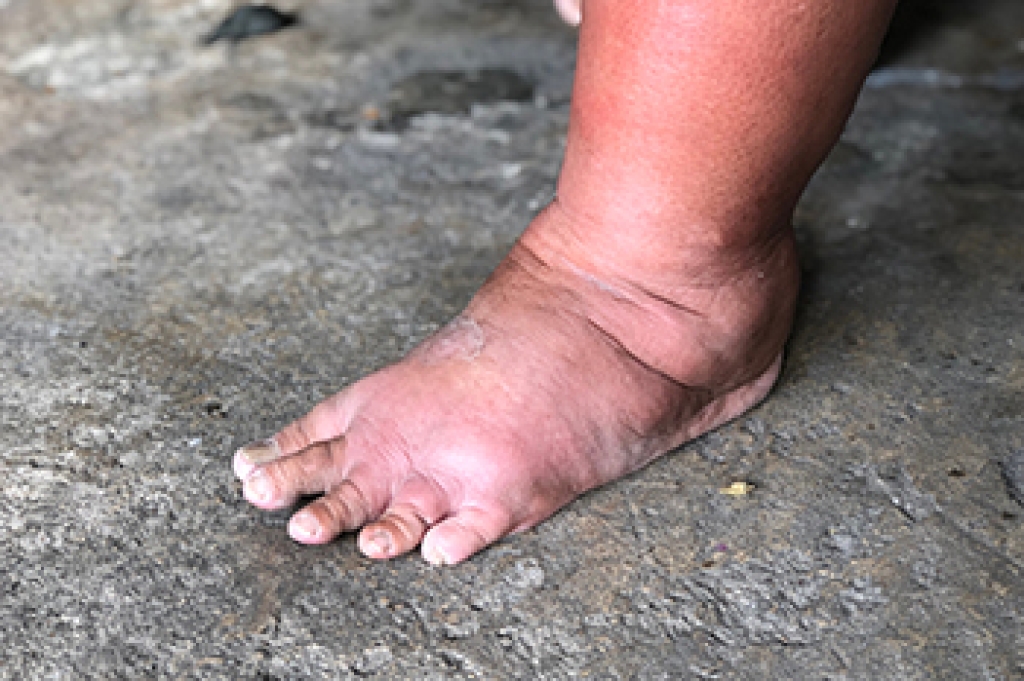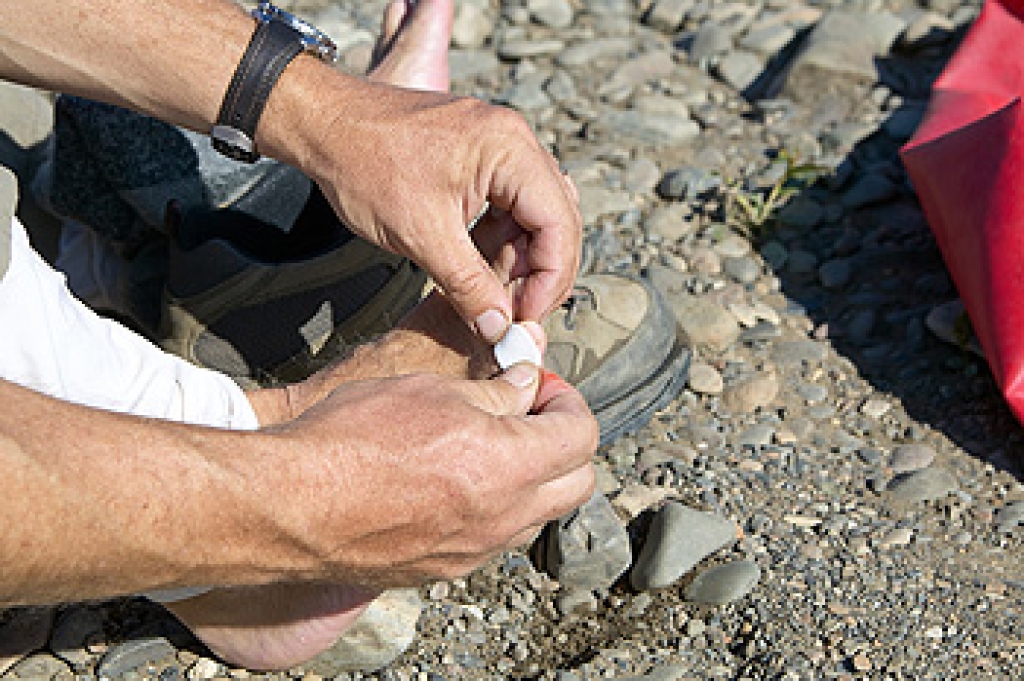
Foot stress fractures develop when repeated pressure on the bones of the feet builds faster than the body can recover. Risk increases with a sudden increase in activity, such as adding distance, speed, or training days too quickly. Moving from softer ground to harder surfaces raises impact through the toes, midfoot, and heel. Foot problems like bunions or blisters can change how weight is placed, forcing one bone to absorb extra stress. Shoes lacking adequate support, poor fit, stiffness, or heavy wear increase strain, especially during long-term walking or standing. Flip-flops can worsen this effect. Sports that involve running, jumping, or quick direction changes raise the risk of stress fractures, but extended walking on uneven ground can also lead to problems. Bone weakness and a prior stress fracture further increase risk. For help with foot problems, it is suggested that you consult a podiatrist for an exam and treatment.
Activities where too much pressure is put on the feet can cause stress fractures. To learn more, contact Mark Isenberg, DPM from Center for Podiatric Excellence. Our doctor can provide the care you need to keep your pain free and on your feet.
Dealing with Stress Fractures of the Foot and Ankle
Stress fractures occur in the foot and ankle when muscles in these areas weaken from too much or too little use. The feet and ankles then lose support when walking or running from the impact of the ground. Since there is no protection, the bones receive the full impact of each step. Stress on the feet can cause cracks to form in the bones, thus creating stress fractures.
What Are Stress Fractures?
Stress fractures occur frequently in individuals whose daily activities cause great impact on the feet and ankles. Stress factors are most common among:
- Runners
- People affected with Osteoporosis
- Tennis or basketball players
- Gymnasts
- High impact workouts
Symptoms
Pain from the fractures occur in the area of the fractures and can be constant or intermittent. It will often cause sharp or dull pain with swelling and tenderness. Engaging in any kind of activity which involves high impact will aggravate pain.
If you have any questions please contact our office located in Pensacola, FL . We offer the newest diagnostic and treatment technologies for all your foot and ankle needs.




